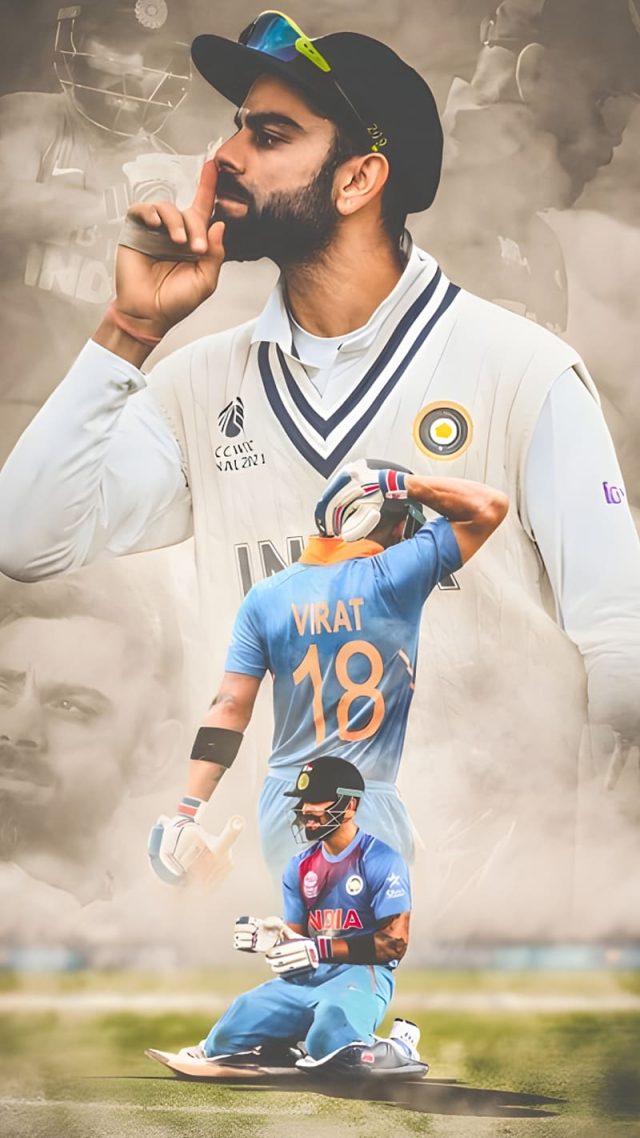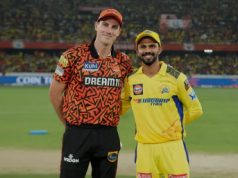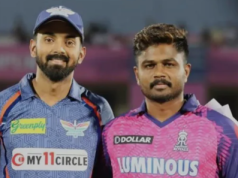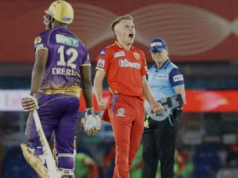A partition refugee rehabilitation area it might’ve started out as, but this corner of the capital teems with the ‘we can make something out of nothing’ spirit that Kohli personifies
As the World Cup caravan is set to roll across the length and breath of India, a pertinent question arises: how does a place and its social milieu shape a cricketer and influence their game? Could Virat Kohli have been the same man and player were he born in Guwahati East and not in West Delhi? Or what would have happened to Kuldeep Yadav had he been from Colaba in Mumbai? We find out in this seven-part series.
Couple of months ago at Reddit India, internet’s Wild West, a post popped up: ‘Why is Delhi so unplanned? Everything is unorderly, especially West Delhi’. Surprisingly, the West Delhi responders didn’t see it as rhetoric and waded into the mess: from traffic crawls, dust, open drains, claustrophobic streets, illegal construction, corrupted system, and even partition-refugee camp history and centuries of invasions – when all hell broke loose.
“(expletives), demographics puchi kisi ne? Unplanned city ki Baat hori hai?’ came a reply, triggering keyboard punches – abuses of class, colour, caste, natives vs outsiders, historical and current angst flowed. The crux of the responses was that the mess can’t be micro analysed as a recent issue of Municipal Corporation but needs to be seen in the larger perspective of how West Delhi’s over-populated colonies had popped up haphazardly as humanitarian solutions to graver issues: partition’s refugees had to be homed. The scattered agricultural lands in the villages around the urban landscape began morphing into ‘nagars’, named after freedom fighters. It wasn’t a planned neighbourhood; it had grown out of desperation.
Very early in the conversation, historian Ravinder Kaur, who has written a book ‘Since 1947: Partition Narratives among Punjabi migrants of Delhi’, calls West Delhi the Wild West. She knows what she is talking about, Ravinder grew up here.
She talks about how the partition refugees were settled in various camps in West Delhi and some like Vikaspuri, where Virat Kohli’s parents moved decades ago, carved out a few years later. The socio-cultural milieu of the region, its demographics has shaped a generation of people in West Delhi to an extent, she feels. “A West Delhiite has certain character traits that are different from the rest of Delhi. I remember feeling so out of place, as a teenager when I stepped out of West Delhi to the rest. It seemed like a different world.”
After due caution about stereotyping and not generalising, she explains the psyche of West Delhi populace. “There certainly is a bit of wildness in West Delhi people that has not been tamed. There is a certain kind of brashness in West Delhi. A bit of our switches are uncontrolled. A few months ago, someone was scolding other people at the IHC for talking too loudly. I burst out laughing. Pretentious whispers. That’s not happening in West Delhi. People like to think about themselves: we are energetic, we can make something out of nothing. Virat Kohli seems to be from that background. People were thrown into this kind of homelessness but some did prosper or survive. All around me in the 80’s to the turn of the century, I would see that spirit, the never-say-die if you will.”
Senior Kohli certainly did try his best. He attempted different businesses, even tried his hand at stocks, but despite the financial jolts, he kept doing this and that. Some of that fighting spirit, even if not the historical baggage, is seen in Virat, by his own admission.









